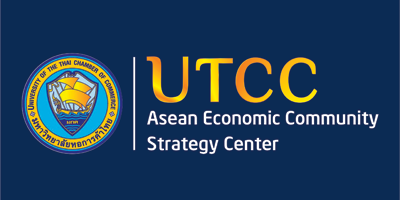Thailand: Consumer prices rebound in July after 2-month slide
Consumer prices, which indicate the country’s inflation rate, rose in July after a two-month contraction.
The increase was largely due to energy prices rising in line with global oil prices, as well as higher seasonal food prices.
Pimchanok Vonkorpon, director-general of the Commerce Ministry’s Trade Policy and Strategy Office, said the July consumer price index (CPI) was 100.53, rising 0.17% year-on-year.
But prices fell 0.13% month-on-month, making the average CPI in the first seven months (January-July) rise 0.60%.
“The July inflation rate rose 0.17% year-on-year due to rising energy prices, particularly the retail petrol price, which moves in line with the global market,” she said, referring to the CPI, which measures the cost of living based on 422 products and services.
Inflation in July rose for the first time after facing two consecutive month of contraction of -0.04% and -0.05% in May and June, respectively, she said.
But the core inflation index, which excludes seasonal goods, was 101.30, up 0.48% from the same period of last year, making the average core inflation in the first seven months of this year rise 0.55% year-on-year.
The Commerce Ministry is maintaining its inflation forecast for the year to stay in a range of 0.7%-1.7%, said Ms Phimchanok.
The 2017 inflation forecast is based on the Dubai crude oil price, averaging $45-$45 a barrel, and an exchange rate of 34-36 baht per dollar, she said.
Ms Phimchanok said the Commerce Ministry will closely monitor the possible effects from the liberalisation of retail prices and trading of liquefied natural gas (LPG) to prevent any adverse effects on consumers.
The energy policymaker freed-up the retail LPG price yesterday, ending more than three years of government manipulation.
Traders and industry officials said the liberalisation in LPG trading makes competition in retail LPG business, particularly in the transport sector, to be more intensified.
The Commerce Ministry expected inflation to grow at an accelerated rate in the second half of the year, fuelled by firm oil prices, rising electricity bills and government spending.
But pressure from the seasonal rise in food prices should subside as there are no signs of drought for this half.
Thanavath Phonvichai, vice-president for research at the University of the Thai Chamber of Commerce, said a small rise in July inflation was a good sign for the Thai economy, implying that living costs are about to rise gradually in line with the government’s massive investment in infrastructure.
Rising agricultural prices this half should help increase purchasing power for farmers, he said.
“Consumers should have greater purchasing power and not worry about spending more as the rise in inflation is not very high,” said Mr Thanavath.
Source: http://www.bangkokpost.com/business/news/1298287/consumer-prices-rebound-in-july-after-2-month-slide


 English
English




